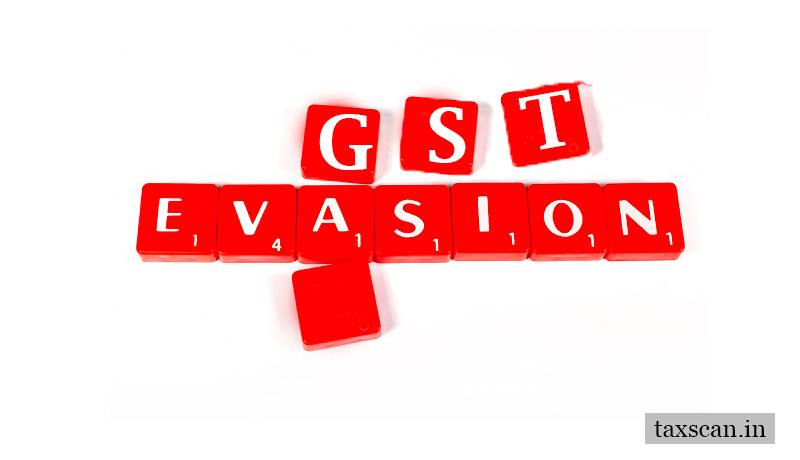Dept suspects GST Software Loopholes liable for Evasion, Likely to approach ICAI to investigate Involvement of CA

The Goods and Services Tax department recently unearthed a scam of Rs 230 crore in Tamil Nadu and suspected that the evasion is due to the loopholes in the GST software.
The State Department is investigating a scam involving Salem-based steel traders Mahendra Kumar Singhi and wife Suman, owners of Steel Hypermart India Pvt Ltd, and chartered accountant Mukesh Surana, who allegedly claimed several crore rupees as an input tax credit by producing fake invoices of steel trading, Times of India reported.
The scam is believed to be one of the biggest GST evasion in the State. The department has sealed the offices and residential premises of the accused in Hosur, Bengaluru, and Salem.
“Around Pongal, we found that the invoices of some companies were suspicious and searched their offices and residences of their promoters in Salem and Bengaluru. The searches revealed that a CA was the mastermind behind the fraud. It was going on since 2017 when the GST was rolled out,” a senior commercial tax official told TOI.
‘Loophole in GST software reason for malpractice’ “The modus operandi is in the form of a circular ‘trade’ of steel and some byproducts using just invoices. It was started by Mahendra Kumar Singhi and his wife Suman Singhi, owners of Steel Hypermart India Pvt Ltd. They were operating in Salem, Hosur, and Bengaluru,” said the official. The Singhis were helped by chartered accountant Mukesh Surana, who also owns a company dealing in steel.
“Surana was helping them claim the input tax credit in the name of five companies. Some companies which were actually trading in steel also used fake invoices, our investigation revealed,” the official said. The department has sealed the offices and residential premises of the accused in Hosur, Bengaluru, and Salem. “The Singhis obtained anticipatory bail, fearing arrest. We will take action against the accused as per the GST Act,” he said.
The department is likely to lodge a complaint with the Institute of Chartered Accountants of India (ICAI) against Surana for his involvement in the racket.
At present, GST software does not match purchases and sales. “This loophole has been one of the main causes for traders claiming input tax credit using fake invoices.
For every sale, there should be a purchase. But at present, we are not able to ascertain it using the software. We are trying to fix this problem and by June, new software will be rolled out,” said the official.
The commercial taxes department has also developed its own software to scrutinize returns filed by assessees periodically. “The Statistical Analysis Software helps us analyze the returns and throw up suspicious entries. All assessing officers have been instructed to use this software to detect suspicious returns,” he said.


